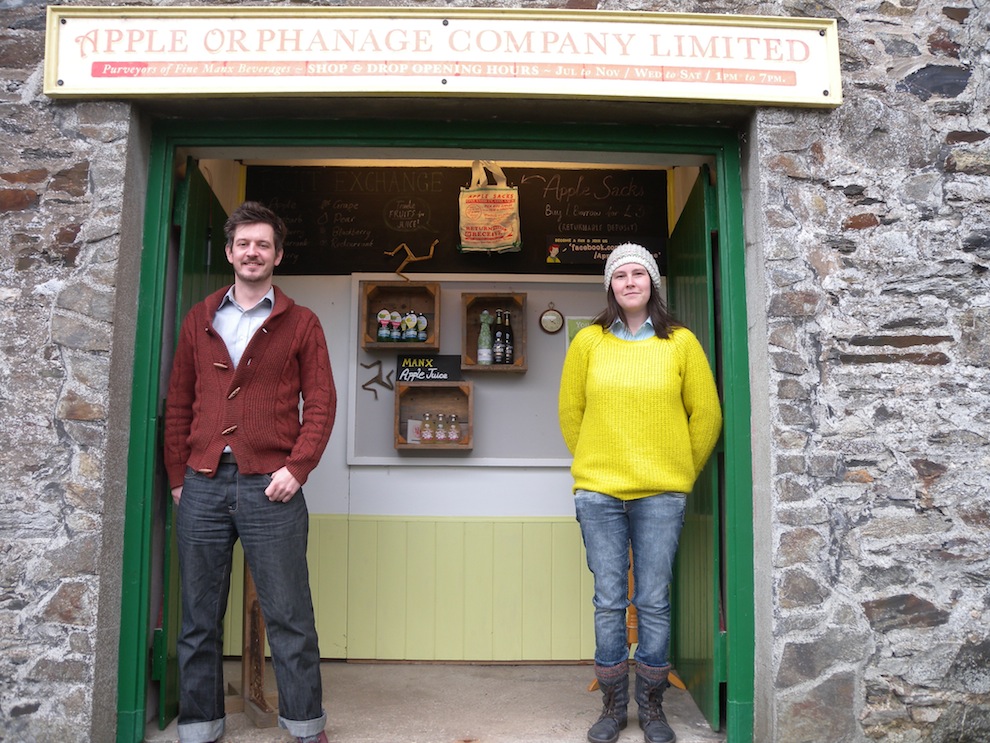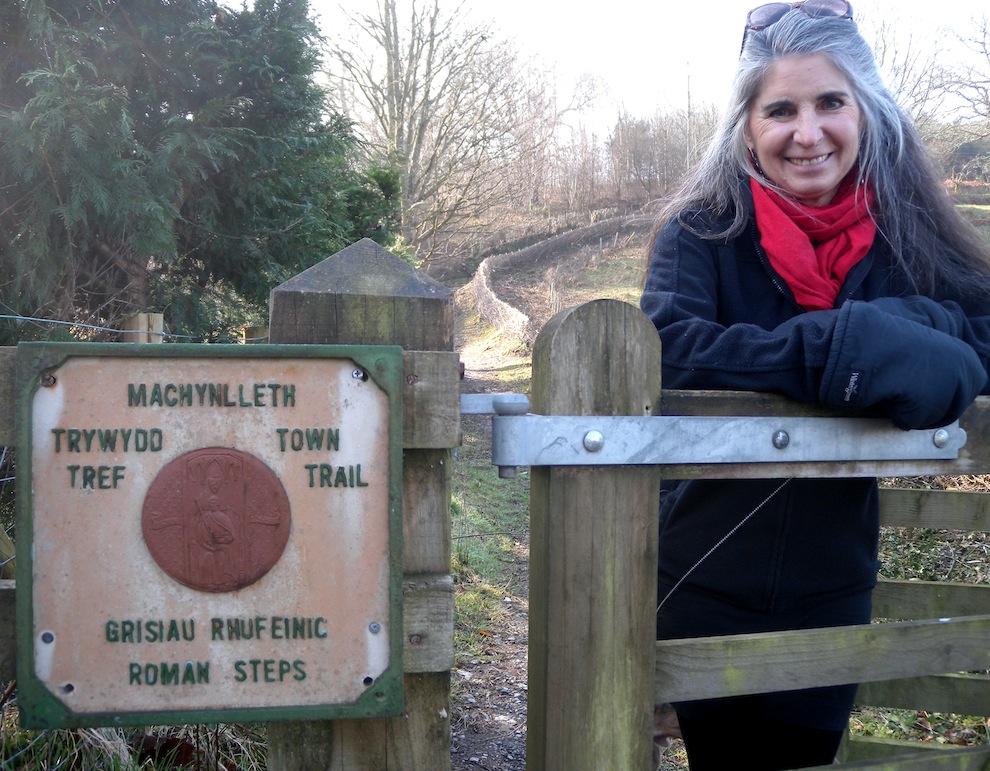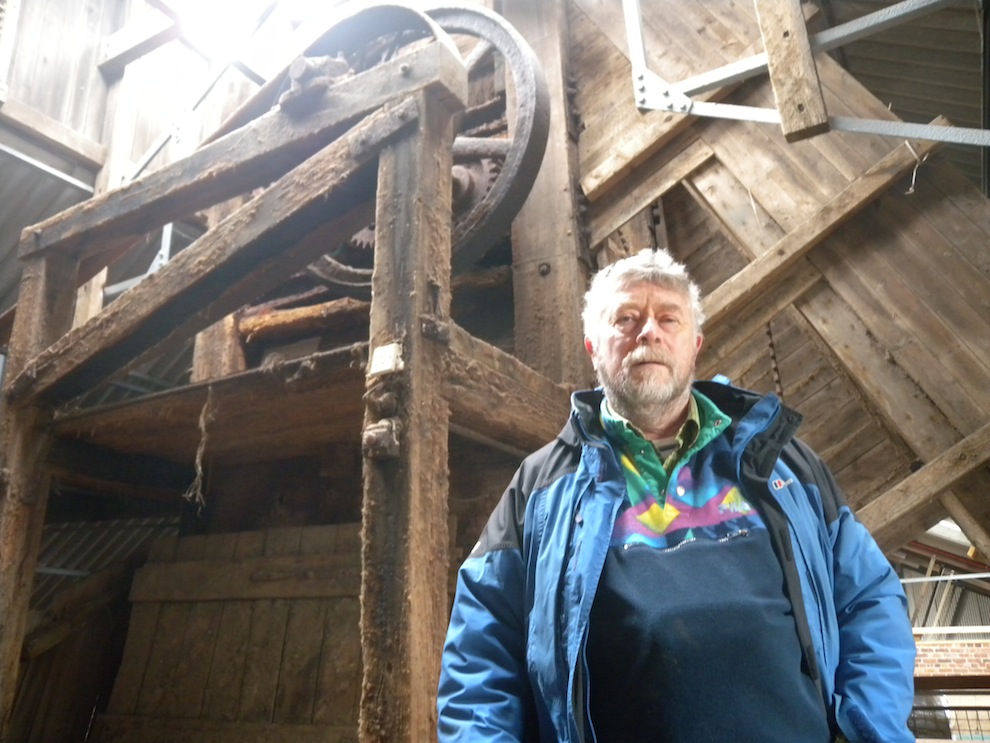It’s time to reveal plans for the next round of workshops.
Having listened to feedback from the first two groups for more one-on-one tuition time, I’ve decided to run a two-hour split session.
Here’s how it will work.
We will spend the first hour exploring a topic in depth with guided content from me, drawing on real-life experience as a jobbing freelancer and academic theory from my role as a journalism lecturer at UCLan.
The first three topics I am proposing are:
- Interview skills (May)
- Pitching ideas to editors (June)
- Going freelance (July)
The second hour will be given over personal tuition (say 10-15 mins each) and will require you to come with a work-in-progress draft of an article, a blog post, a pitch etc.
I am expecting small groups for these workshops – probably around six people per session.
The proposed dates (*subject to change) are as follows:
- Thursday, May 14, 7-9pm
- Friday, June 12, 10-12 noon
- Thursday, July 16, 7-9pm
You can book one session for £40pp, or book all three and receive a discount price of £100. Your place is only confirmed once I have received a payment – ideally by PayPal via the workshops link at my website.
All three sessions will be hosted at the new CHIC Chester co-working hub, located right next to Chester train station. You can find out more about the venue at the CHIC website.
The venue offers complimentary tea and coffee. We will send out for sandwiches for day sessions and retire to a local pub after evening sessions for a pint.
Please email me with your queries.
Liked this? Try also Feedback from learners at the second workshop.
Comment below.



